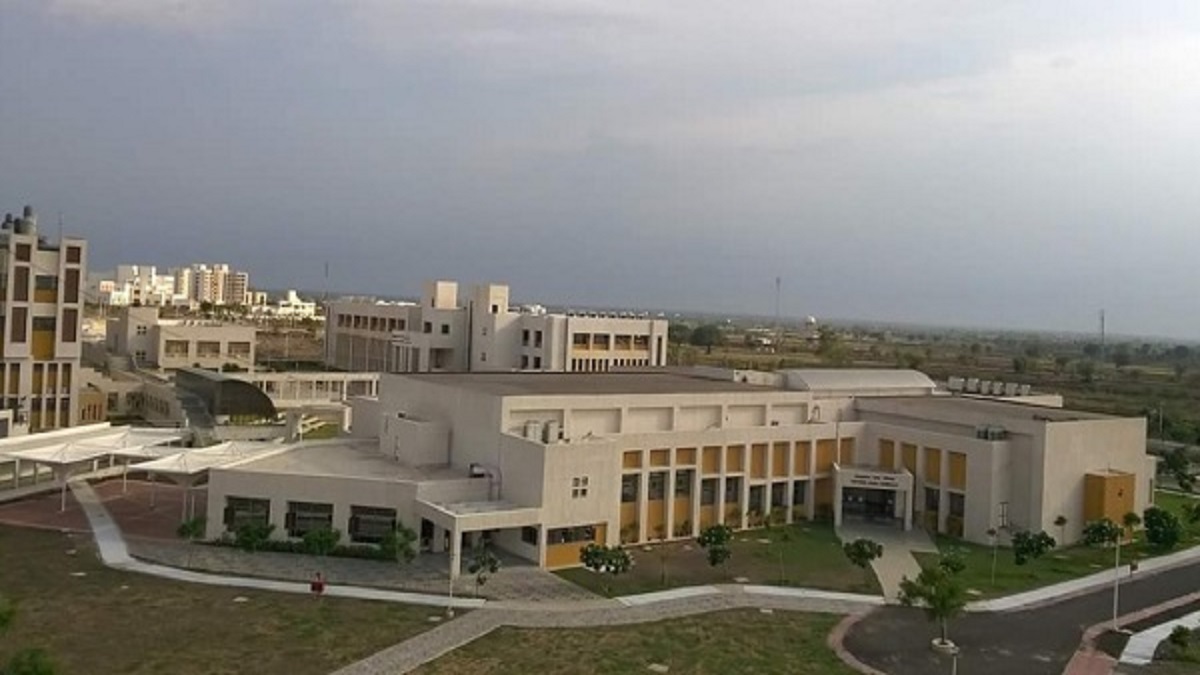ISER Bhopal team has created an AI-based tool called "GutBug” that can potentially predict all possible bacterial enzymes that act on bioactive dietary molecules as well as oral drugs.
Researchers of the Indian Institute of Science Education and Research (IISER) Bhopal have developed an artificial intelligence (AI) based method to predict how the bacteria in the gut break down the various types of food and medication.
The web-based tool provides information about the specific bacterial enzymes, reactions, and bacteria involved in the process of digestion and absorption of nutrients by the human gut. The findings of the research have recently been published in the Journal of Molecular Biology. The paper has been co-authored by Vineet Sharma, Associate Professor, Department of Biological Sciences, IISER Bhopal, and his research scholars Aditya Malwe and Gopal Srivastava. GutBug is available to use at https://metabiosys.iiserb.ac.in/gutbug.
The collection of good bacteria in the gut is called the gut microbiome. These bacteria secrete enzymes to process what a human eats and provide the body with various metabolites that are essential for health and body functions.
However, studying the complex host-microbial relationships is a challenge because of the vastness of the microbiome and the fact that the collection of bacteria varies among individuals. IISER Bhopal team has created an AI-based tool called "GutBug” that can potentially predict all possible bacterial enzymes that act on bioactive dietary molecules as well as oral drugs.
Explaining the technicalities of the research, Vineet K Sharma, IISER Bhopal, said, “GutBug uses a combination of machine learning, neural networks, and chemoinformatic methods. We used a curated database of 363,872 enzymes from human gut bacterial strains and a substrate database consisting of 3,457 enzymes to train the AI model.”
Further, Dr. Vineet Sharma said, “GutBug can help us better understand how the food we eat or medicines we consume orally are processed by our gut bacteria and how this affects our health. Such understanding can be useful in designing diets, developing new prebiotics, creating nutraceutical products, and improving drug design depending on the nature of the gut bacteria each individual has, leading to personalised medicine.”
Read more:
Follow Shiksha.com for latest education news in detail on Exam Results, Dates, Admit Cards, & Schedules, Colleges & Universities news related to Admissions & Courses, Board exams, Scholarships, Careers, Education Events, New education policies & Regulations.
To get in touch with Shiksha news team, please write to us at news@shiksha.com


Comments